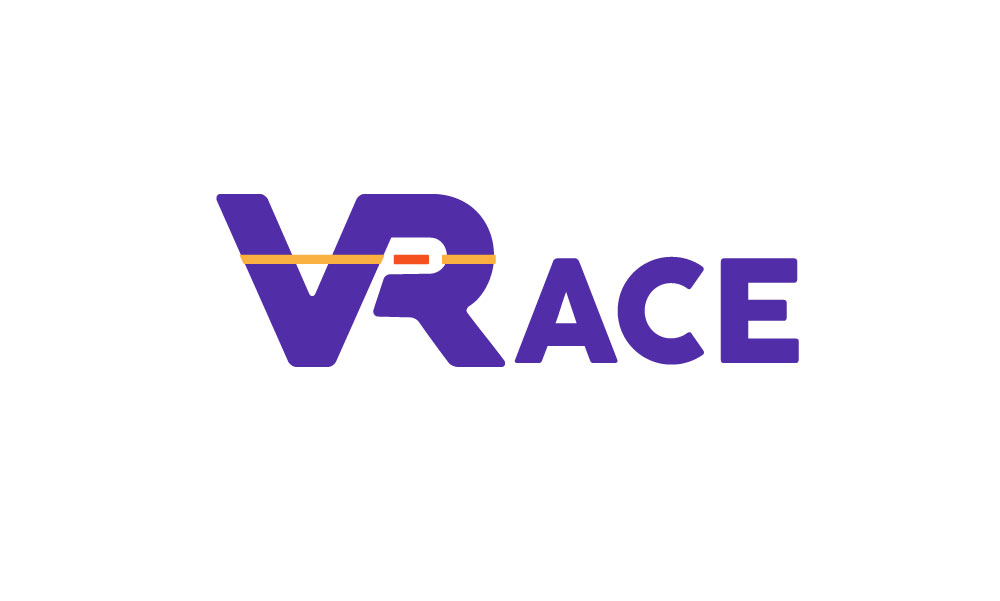School education is the most important educational period, when students create learning mechanisms, construct knowledge and develop basic skills and acquisition methods. The quality and the effectiveness of school education is of strategic importance in all countries and a top priority in the EU agenda.
Efficient school education is of strategic importance for development, the economy and the society and is considered necessary more than ever before for schools to offer students innovative and efficient learning procedures based on Information and communication technologies (ICT) that attract their interest. Advanced and innovative ICT technologies, web 2.0 tools, social media and 3D virtual reality are emerging technologies and several studies point out the important role they can play to assist both teachers in teaching but also students in learning more efficiently in entertaining and cooperative way. However, studies on European level point out that a big percentage of teachers and school educators may lack the necessary digital skills. Indeed, the findings of many EU studies indicate that teachers have a strong desire to integrate ICT into education but they encounter many barriers. The major barriers are the lack of confidence, lack of opportunities, lack of competence and lack of access to resources. In these studies, teacher skills, competence and accessibility to quality resources are the critical components of technology integration in school education. Teacher skills on new digital, social and ICT technologies are reported to be mediocre and their lifelong learning training on new technologies, in most cases is missing. It is considered necessary more than ever before to assist teachers and enhance their digital skills on the use of new ICT technologies and the utilization in their learning procedures and in their courses for the best benefit of students learning.
In this context, the VRACE proposal has been designed specially in order to contribute to one of the most important strategies promoted by the EU Commission for increasing the educational outcomes of school education. The VRACE proposal has been designed specially in order to give a correct response to one of the most important strategies promoted by EU Commission for increasing the educational outcomes of school education. In this spirit, VRACE project aims to assist teachers in learning how to efficiently utilize innovative digital, ICT technologies like virtual reality and Web 2.0 tools and social technologies in their school courses in order to assist students' learning and their knowledge construction and cooperation. The project will initially develop a concrete training framework and e-courses targeted to school teachers, to train them on how to successfully integrate various necessary and efficient digital technologies in their school education. In this line, a virtual learning environment will be formulated and a wide spectrum of courses, roadmaps and good practices that will offer advanced training procedures to teachers on European level.
In addition, the environment will also be offered to school teachers participating in the pilot activities to prepare and include their own courses as well as interested teachers after the end of the project. The platform will also be offered to school teachers participating in the pilot activities to prepare and include their own courses as well as interested teachers after the end of the project. Students will be involved in various piloting activities to collect feedback and improve the Methodology and e-courses.
The project will have a great impact on National and European level, it will bring great added value to the school education and enhance its efficiency.

